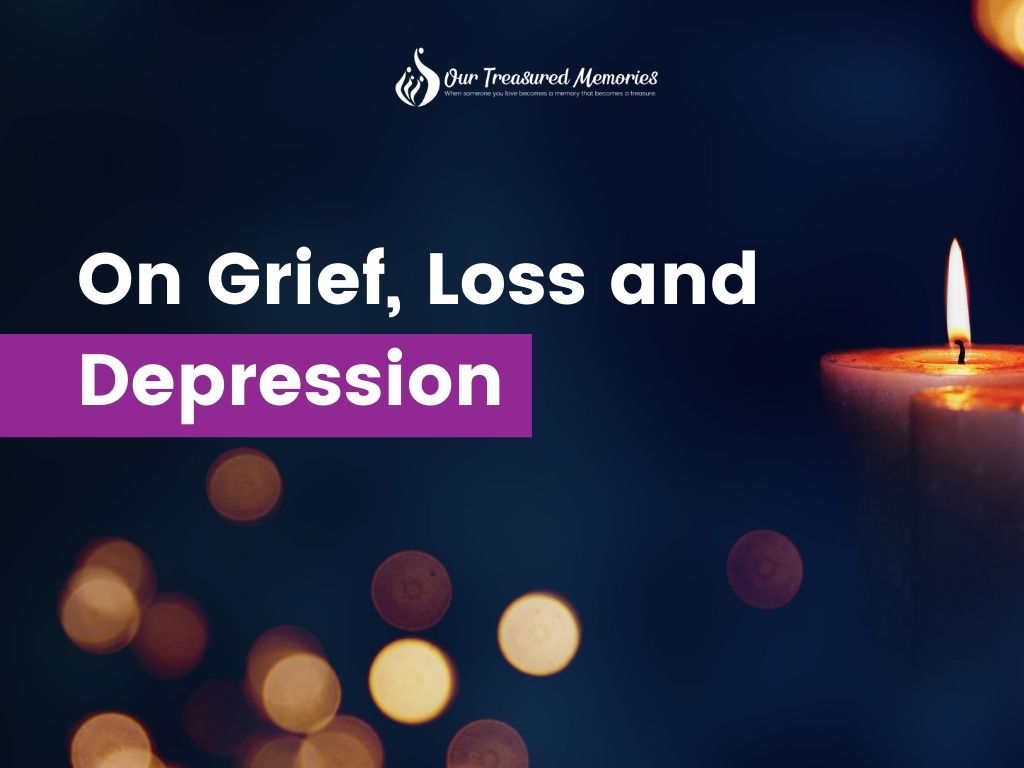
On Grief, Loss and Depression (Where to Ask for Help)
Grief and depression are quite different but they can appear similar as they can both lead to feelings of intense sadness, insomnia, poor appetite and weight loss.
For people experiencing grief these are normal reactions to loss. While the feelings of loss and sadness are at times unbearable, the intensity of these feelings can change throughout each day and are often in response to certain situations or events. Even among the sadness of the grief there is also the ability to experience moments of happiness. Depression stands out from grief as being more persistent, with constant feelings of emptiness and despair and a difficulty feeling pleasure or joy.
The focus of negative thinking tends to be more internal, with a person believing themselves to be useless and worthless. Other symptoms that suggest depression include an intense sense of guilt, disconnection from others, thoughts of suicide or a preoccupation with dying, feelings of hopelessness or worthlessness, inability to enjoy or find pleasure in things, and an inability to function at work, home, and/or school.
The sadness that you feel after your loss may never go away completely, but it won’t remain the focus of your thinking over time. Your relationship to grief will change; depression may not. If you notice that depression symptoms continue, or your grief begins to get in the way of how you live, work, share relationships or live day-to-day, then it is important to get support or professional help.
To learn more about depression and the treatments available visit: www.beyondblue.org.au/depression
Related article: How to Cope with Grief and Loss
Where to Ask for Help
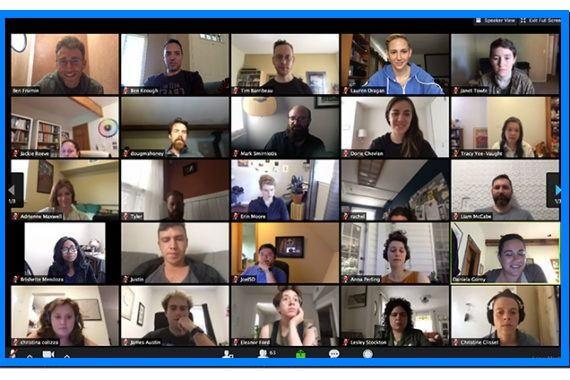
This is an overwhelming journey, and getting extra help or counselling during this difficult grieving time may be necessary. Asking for help to cope doesn’t mean you are weaker than any other grieving person.
Here are some of the people who can help:
Australian Centre for Grief and Bereavement (ACGB): National centre for grief and bereavement education – find out what to expect when you’re grieving.
Lifeline: National charity providing 24/7 crisis support. Phone the Crisis Support Chat 24/7 hotline on 13 11 14 for emergency mental health help.
BeyondBlue: National organisation to reduce anxiety and depression in Australia. Phone 1300 224 636 for 24/7 mental health help, hop onto their afternoon online webchat, or get in touch via email. www.beyondblue.org.au/depression
Black Dog Institute: World leader in the diagnosis, treatment, and prevention of depression. blackdoginstitute.org.au
E-couch: An online, self-help program that helps you deal with loss and grief, as well as other forms of depression and anxiety. Visit ecouch.com.au
Australian Loss & Grief Network for Child & Adolescent Trauma: National network to help children and adolescents deal with grief after the loss of a loved one, or another traumatic earlytraumagrief.anu.edu.au
Phoenix Australia Centre for Posttraumatic Mental Health: Not-for-profit organisation to help people recover after traumatic events. Visit: phoenixaustralia.org
Kids Helpline: 1800 55 1800 (all day, every day)
Suicide Callback Service: 1300 659 467 (all day, every day)
eHeadspace: 1800 650 890 (9am-1am daily)
In the UK and Ireland, Samaritans can be contacted on 116 123 or email jo@samaritans.org or jo@samaritans.ie
In the US, the National Suicide Prevention Lifeline is 1-800-273-8255.
You May Also Like
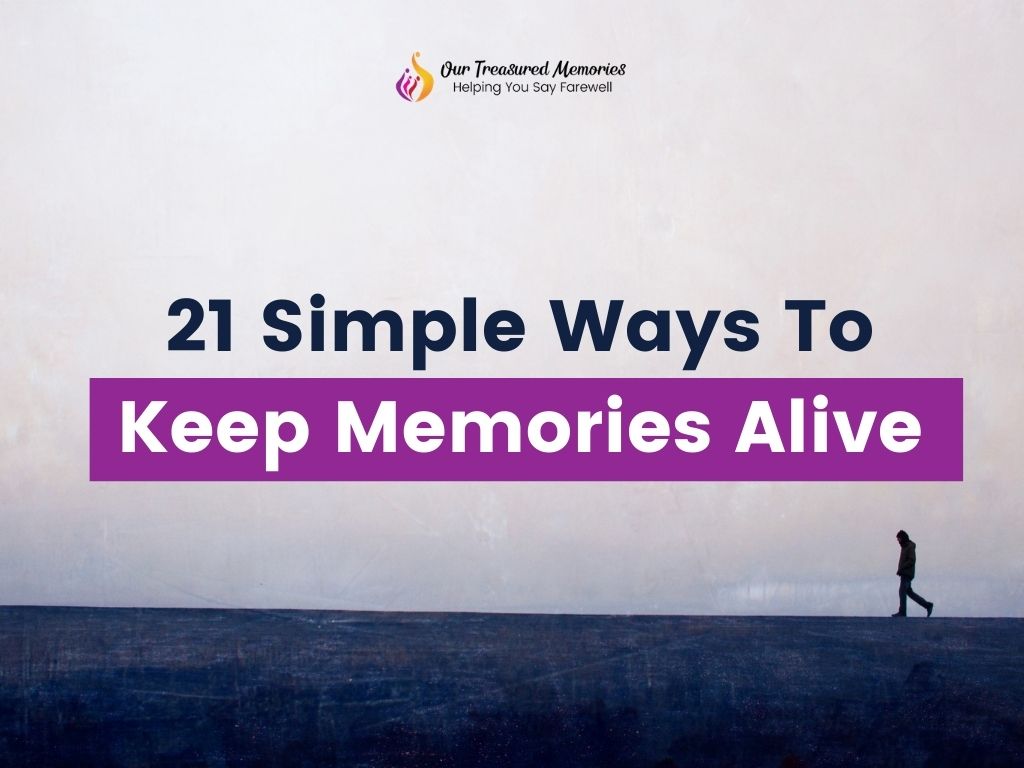
21 Simple Ways To Keep Memories Alive
December 20, 2020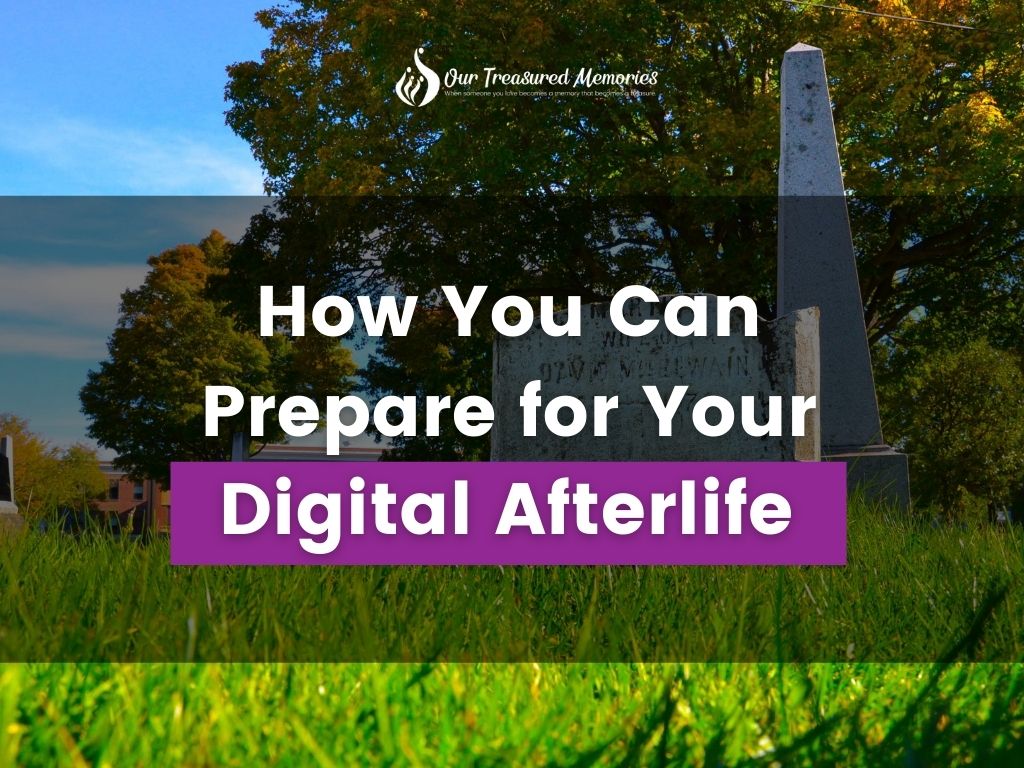
How You Can Prepare for Your Digital Afterlife
January 20, 2021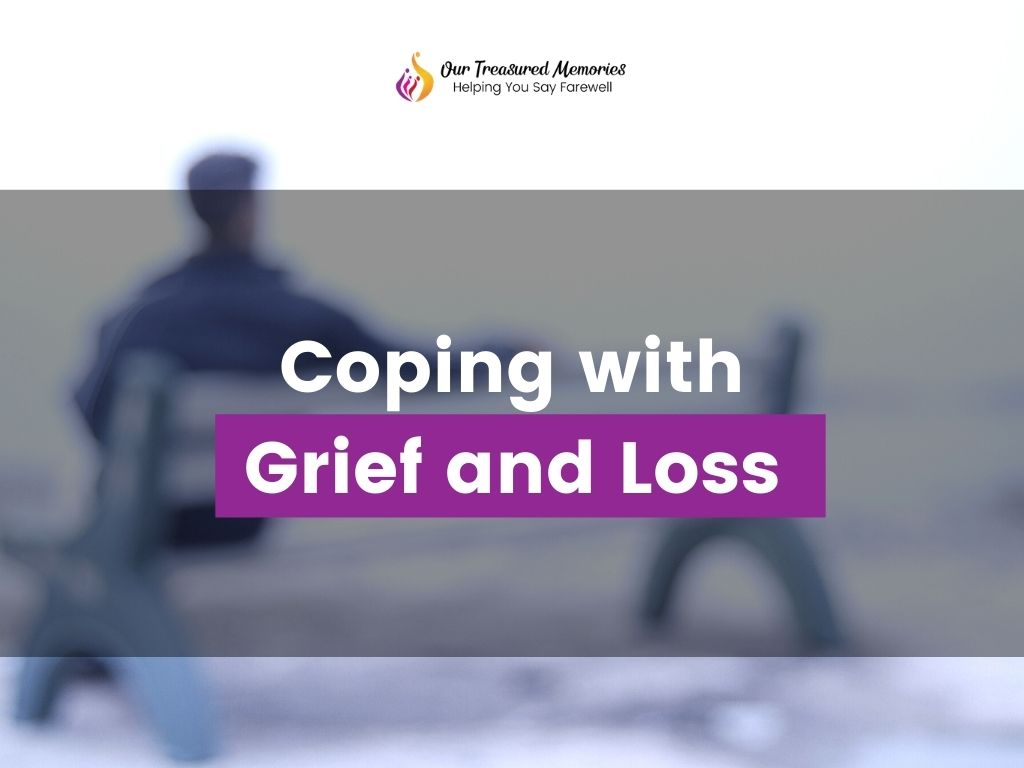
One Comment
Arnann
Couldnt agree more.